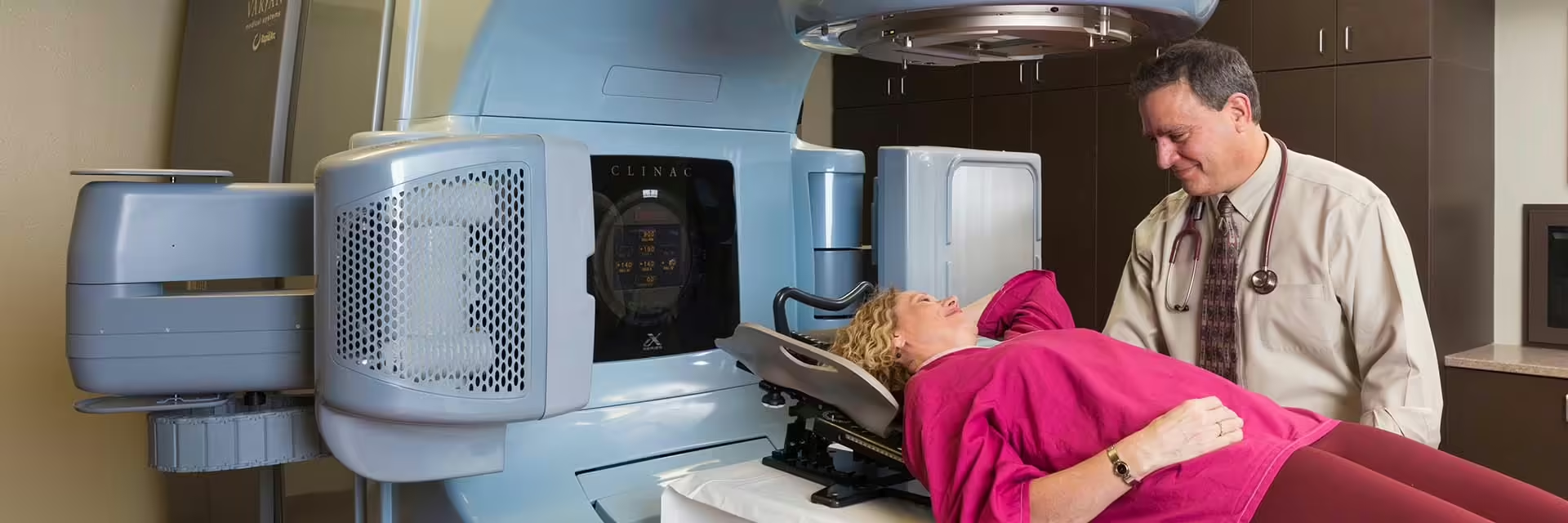The treatment options available to you will depend on several factors, including the type of tumor, the extent of the disease at the time of diagnosis, your age and your medical history. However, your personal feelings about the treatment, your self-image, your family history and your lifestyle will also be important considerations in your doctor’s assessment and recommendations. You and your doctor should discuss these treatment methods and how they apply to your situation. Understanding your options from the beginning of your diagnosis allows you to have the information you need to make an informed and rational decision about your care.
Surgery, chemotherapy and radiation therapy are often used to treat breast cancer. After these therapies, you may take prescribed medicine by mouth to help prevent the cancer from returning by blocking the estrogen receptors on the cell surface.
Certain breast cancer subtypes will be treated with neo-adjuvant chemotherapy before surgery. After it shrinks the tumor and treats the body, you will have surgery and possible radiation therapy.
Breast conserving surgery followed by radiation therapy is considered equivalent, from a survivorship perspective, to mastectomy. With both surgeries, the lymph nodes will likely require evaluation using a technique called sentinel lymph node identification and biopsy or sentinel node mapping (potentially preserving the normal anatomy of the remaining lymph nodes and preventing lymphedema). This study involves injecting a combination of radioactive tracer and/or a blue dye. This allows your doctors to have the most information with the least disruption of your body.
Becoming educated and informed is the best way to develop a plan of treatment.
Questions?
We are here to help answer your questions or assist you with scheduling an appointment. Call us today.

